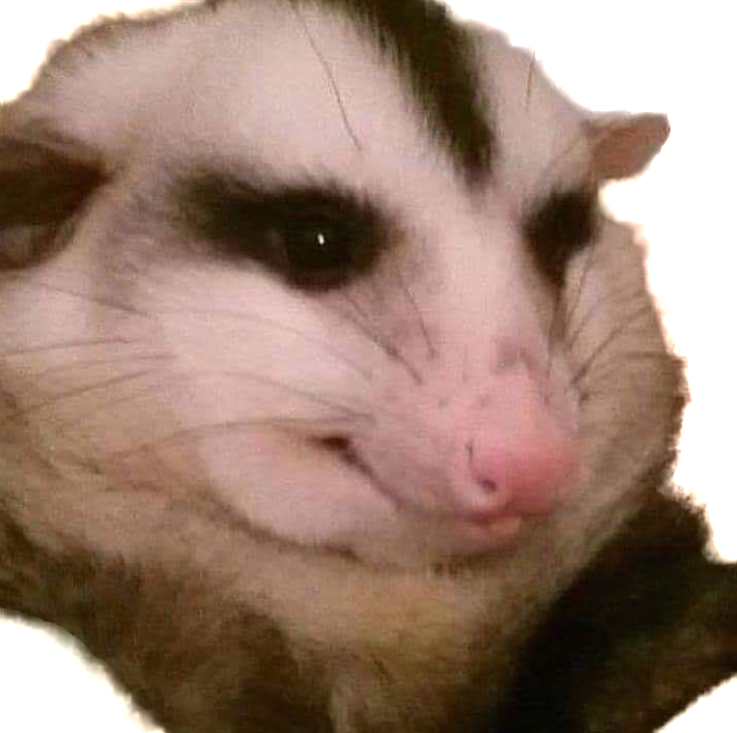- cross-posted to:
- [email protected]
- cross-posted to:
- [email protected]
cross-posted from: https://lemm.ee/post/55206964
I just finished up a rewatch of Dimension 20’s Neverafter (highly recommended if you haven’t watched it) and as the various iconic story tellers were introduced, the question above came up in my mind.
To clarify, by fables/fairy tales I would mean widely known tales told primarily to children to pass on positive ideals and morals. Not just entertainment, but at least partially education as well. I also think it should be quite well known to count - it should at least be considered common knowledge in the region it’s from. As for “modern”, let’s say the last 100 years or so? Though anything post-Grimm may be interesting.
Personally, I’ve struggled trying to think of anything particularly satisfying. Dr. Seuss feels like it’s just about that iconic, though that’s pretty old itself at this point. Is there anything Internet based that my out-of-touch brain is overlooking?
*Further thoughts:
Thinking on it more, other comments have helped me realize that, at least for me, the crux of the issue is that for the last 100 years or so, pretty much all stories have been commercial endeavors. Perfected drafts copywritten by companies and “protected” from the grubby hands of society. Basically the antithesis of a folk-tale, which is passed on and told and retold, shifting and morphing each time.
Thankfully, in the last few decades the internet has made less centralized media a thing again. And, though not strictly kid-friendly, I unironically am thinking that internet memes are the contemporary form of folk-tales, or at least the closest thing we’ve got. And I don’t mean just “funny pictures”, but the actual definition of meme - “an idea, behavior, or style that spreads through imitation within a culture.” Perhaps that’s the progenitor of the next generation of “fairy tales”?
What about stuff like Harry Potter, Lord of the Rings, Captain America, Superman, etc? They’re mostly entertainment, but they’re (originally) aimed at kids and young adults. They show the triumph of good/kindness over evil, and all that stuff.
I suppose that mostly fits. Though it feels a bit…I dunno…corporate? What I’d consider classic tales were, I believe, more-so stuff like passed on folk tales rather than for-profit media. Maybe that’s just unavoidable these days.
Our society has a division of labour. We can afford to have full-time story tellers, but they need a way to get food, so they sell their stories.
In a society without a division of labour then whoever tells the best story does, but that’s after they’ve gotten everyone fed.
To be clear, I’m not trying to argue against artists getting paid. I just think folk-tales transcend that, you know? I’ve added to my main post to explain myself a bit better.
I get it - I think I just have a different point of view.
Selling out used to be a sin that real artists would never commit. But we need to eat.
Before money was a thing, that would (probably) mean you gather food before you call your family around to tell the next episode of your magnum opus. But now it means you find a sponsor for your channel, a buyer for your story, or a company to pay while you work on a script.
Again, my point hasn’t got anything to do with artists making money.
I think the Lord of the Rings fits your description very well. Especially when you dive into the literature. If you just watch the movies then yes I think it’s very corporate. However, if you dive into the literature and you read all the backstory that’s associated and this fits for a modern fairy tale. Very very well or a modern legend.
Hmmm. I don’t think I’d count it myself, but I get it. At the very least, it surely gets credit for being so foundational for modern fantasy, which is a bit more folkorey imo.
“There once was a brave knight named Luigi who slew the evil wizard…”
🤩
Andy Weir’s “The Martian” will be a fairy tale if we every colonize that planet
Maybe the Disney/Pixar stories that are not based on Grimm’s tales? Do we still tell fairy tales to children though? The only ones I remember from my childhood are Aesop’s Fables told by my grandma, which are even older.
That’s what I’m getting at. The old tales are obviously still available, but it feels like there’s certainly more recent things that could qualify and I can’t think of anything specifically. Maybe it’s just recency that makes them feel less “classical”. I dunno.
I was reminded after watching Never After that the Brothers Grimm claimed to be working down old folk tales but they are also the only known version of many of the tales, so it can be assumed they made up at least a few of them.
That’s ok. I think it more so matters what the tales become rather than what they start as.
Removed by mod
Unhelpful and off topic.
I disagree. For decades people have believed that if we keep shoveling money at the rich, it will trickle down to the rest of us.
If that’s not a fairy tale, I don’t know what is.
A lie is not a fairy tale. Also, shoving politics into a discussion of story telling is disruptive and unhelpful.
Accurate though.
Nope.
Lol. Sure.



